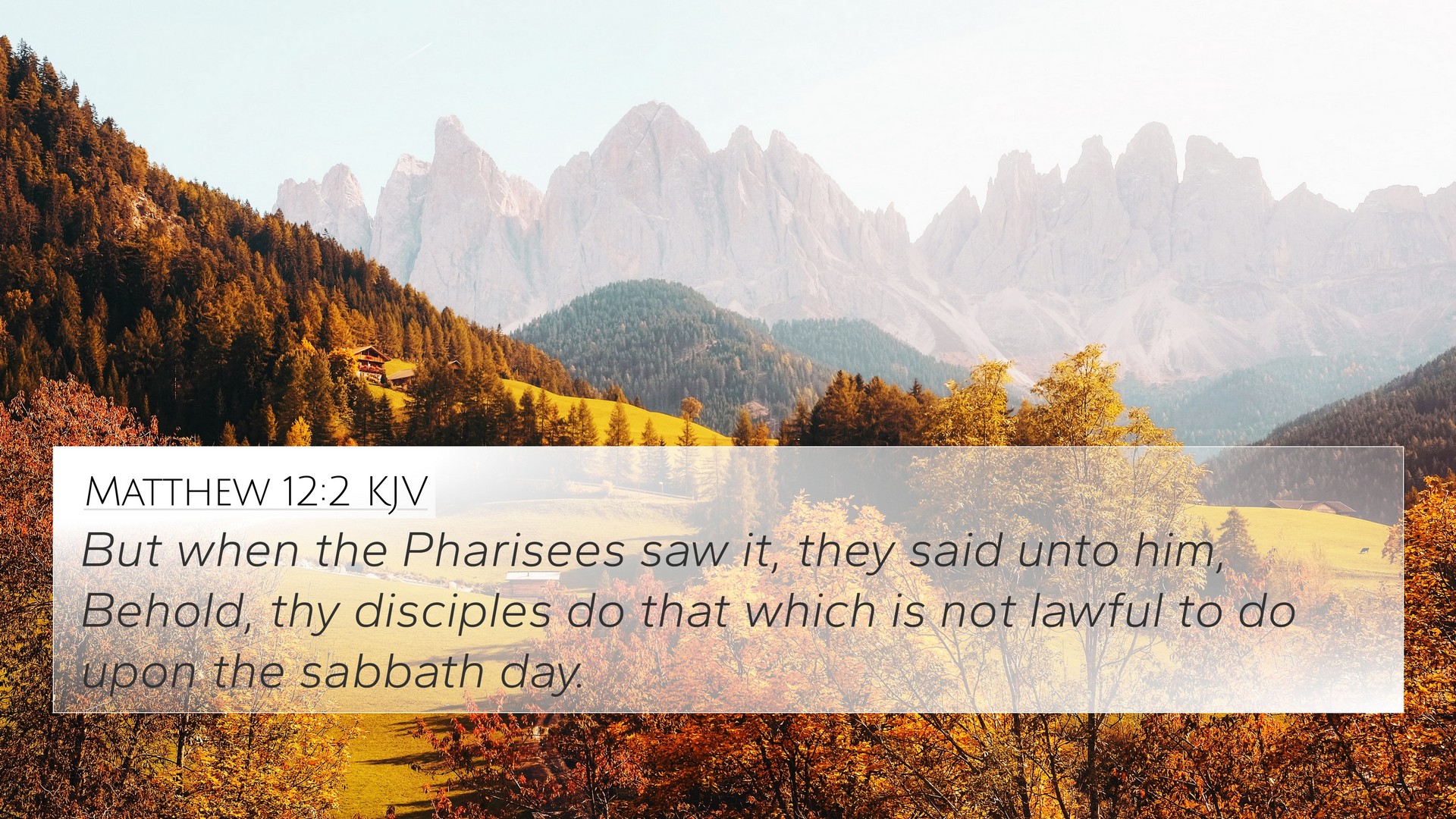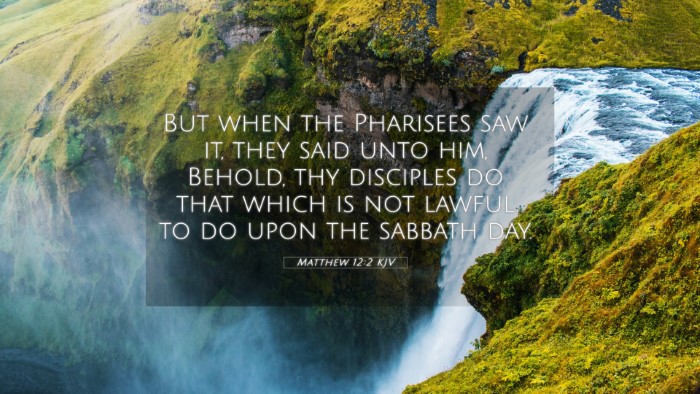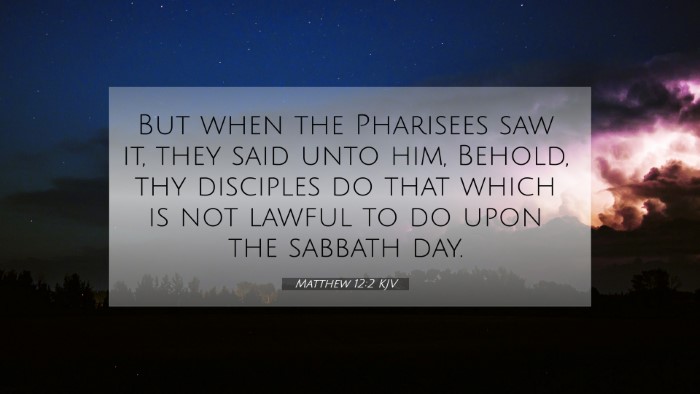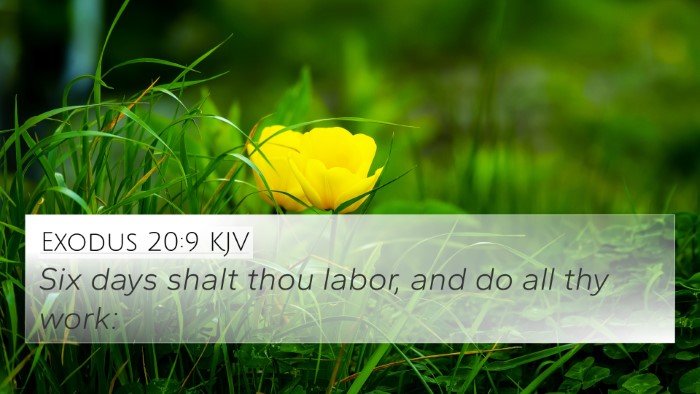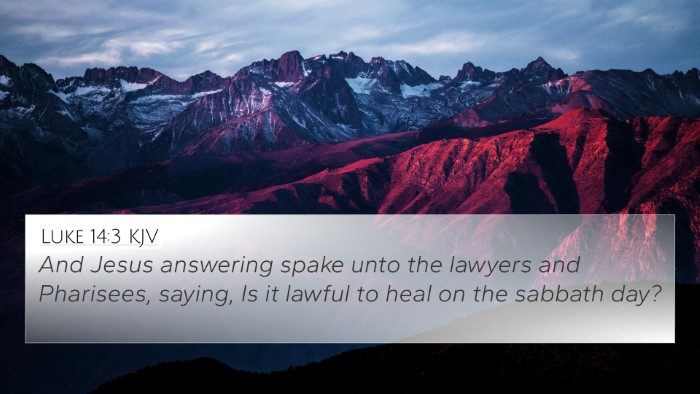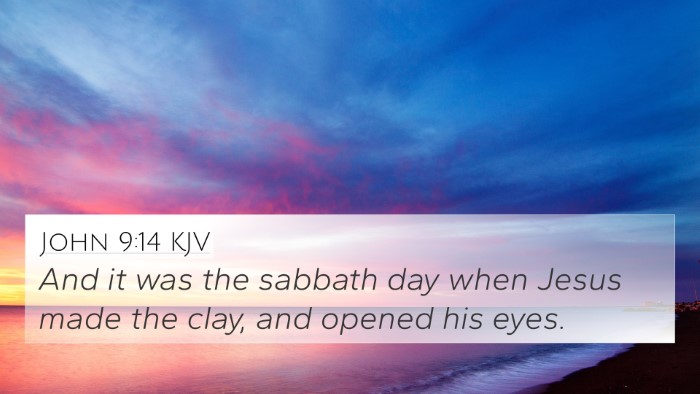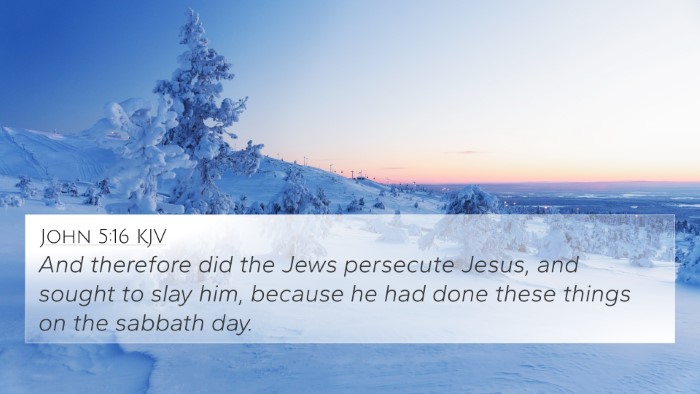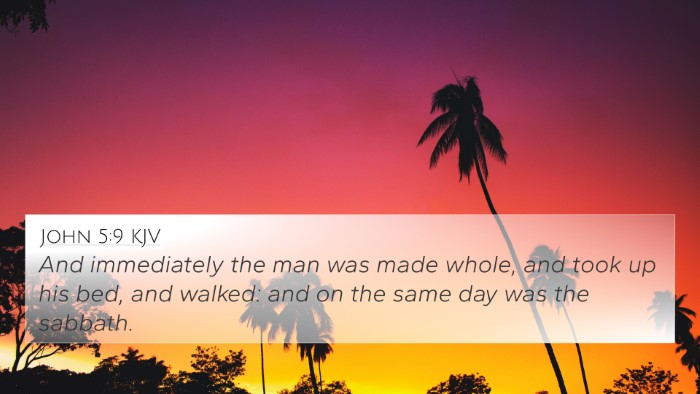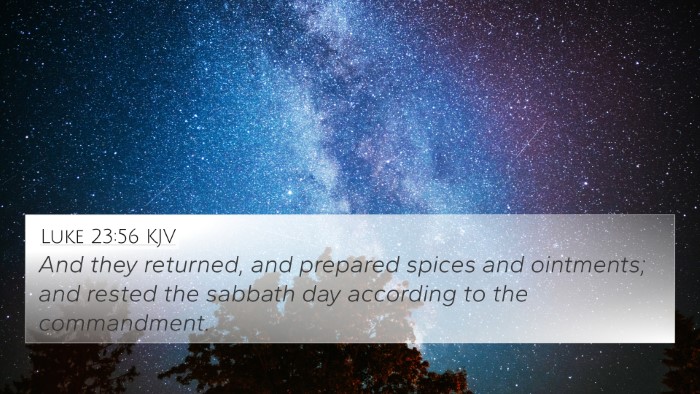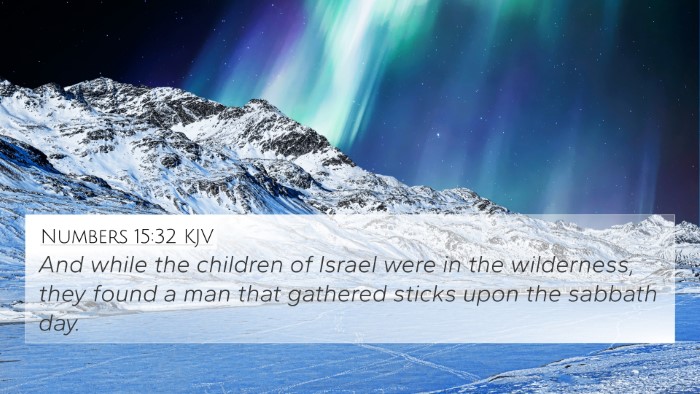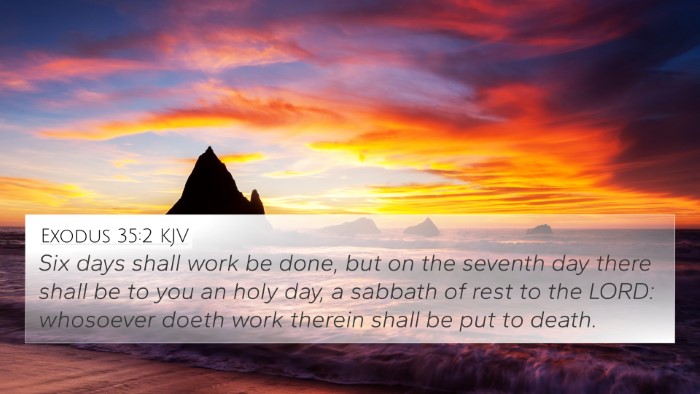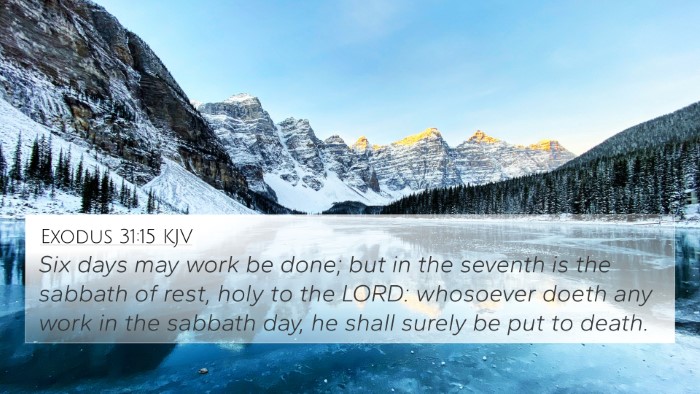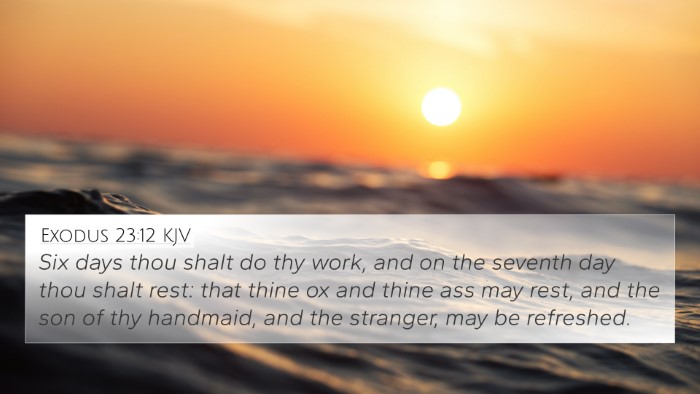Meaning and Interpretation of Matthew 12:2
In Matthew 12:2, the Pharisees confront Jesus when they see His disciples plucking heads of grain on the Sabbath. This encounter sets the stage for a deeper understanding of the law, mercy, and the Lord's intentions. Let's explore the meaning of this verse through insights gathered from various public domain commentaries, including those by Matthew Henry, Albert Barnes, and Adam Clarke.
Verse Context
Matthew 12:2 is part of a larger narrative where Jesus is teaching and healing. The Pharisees, the religious leaders of the time, were strict about the observance of the Sabbath as outlined in the Mosaic Law. They believed that any work done on this day was sinful, including the act of plucking grain.
Commentary Insights
Matthew Henry's Commentary
Matthew Henry emphasizes the contrast between human traditions and divine compassion. He interprets the disciples’ actions not as a violation of the Sabbath, but as a fulfillment of a human need for sustenance. Henry points out that the Pharisees’ rigid interpretation missed the heart of the law, which is meant to promote life rather than hinder it.
Albert Barnes' Notes
Barnes discusses the nature of true Sabbath observance and argues that the law was never intended to be a burden. He notes that, according to the law, the harvest only required reaping small quantities for personal sustenance, thus the act of the disciples was lawful. Barnes aligns the actions of the disciples with principles found in the Old Testament, implying that their need justified their actions on the Sabbath.
Adam Clarke's Commentary
Adam Clarke elaborates on the customs surrounding the Sabbath and the misinterpretations by the Pharisees. He asserts that the act of eating when hungry, even on the Sabbath, is inline with mercy over sacrifice. Clarke encourages understanding the spirit of the law rather than a mere legalistic approach, hence maintaining the balance between religious observance and compassion.
Thematic Analysis
Thematically, this verse opens a dialogue about the relationship between law, grace, and human necessity. It encourages readers to recognize the importance of context in the application of Biblical principles. The actions of the disciples serve as a reminder that physical needs are legitimate even within the constraints of religious observance.
Bible Cross References
- Exodus 20:8-11: The command to keep the Sabbath day holy.
- Deuteronomy 23:25: Permission to eat from a neighbor’s field when hungry.
- 1 Samuel 21:1-6: David eating the showbread when in need.
- Mark 2:27: Jesus states that the Sabbath was made for man, not man for the Sabbath.
- Luke 6:1-5: A parallel account of the same event with similar teachings.
- Matthew 5:17: Jesus fulfills the law, pointing toward proper understanding.
- James 2:13: Emphasizes that judgment is without mercy to the one who has shown no mercy.
Connecting Other Scriptures
By linking this verse to surrounding texts, we can gain a fuller understanding of Jesus' intentions. The connections between Biblical texts reveal a consistent message about prioritizing humanity's needs.
For example, Jesus’ actions and teachings encourage us to explore the interplay of mercy over mere legal adherence. The link between Matthew 12:2 and the examples from 1 Samuel or Deuteronomy illustrate that God's law is designed for human benefit.
Practical Application
As we reflect on Matthew 12:2, it invites us to examine our own understanding of laws and traditions within religious practice. Are we, like the Pharisees, missing the heart behind God's commandments? Engaging with tools for Bible cross-referencing can help identify deeper connections and facilitate a more nuanced understanding of scripture.
Conclusion
In summary, Matthew 12:2 reveals Jesus' teaching that human need takes precedence over strict law adherence. By engaging in comparative Bible verse analysis, we can draw out richer meanings and understand the transformative nature of Jesus' ministry.
